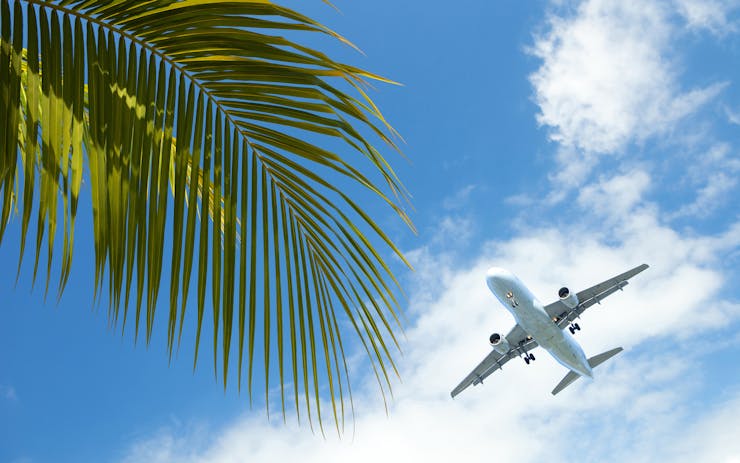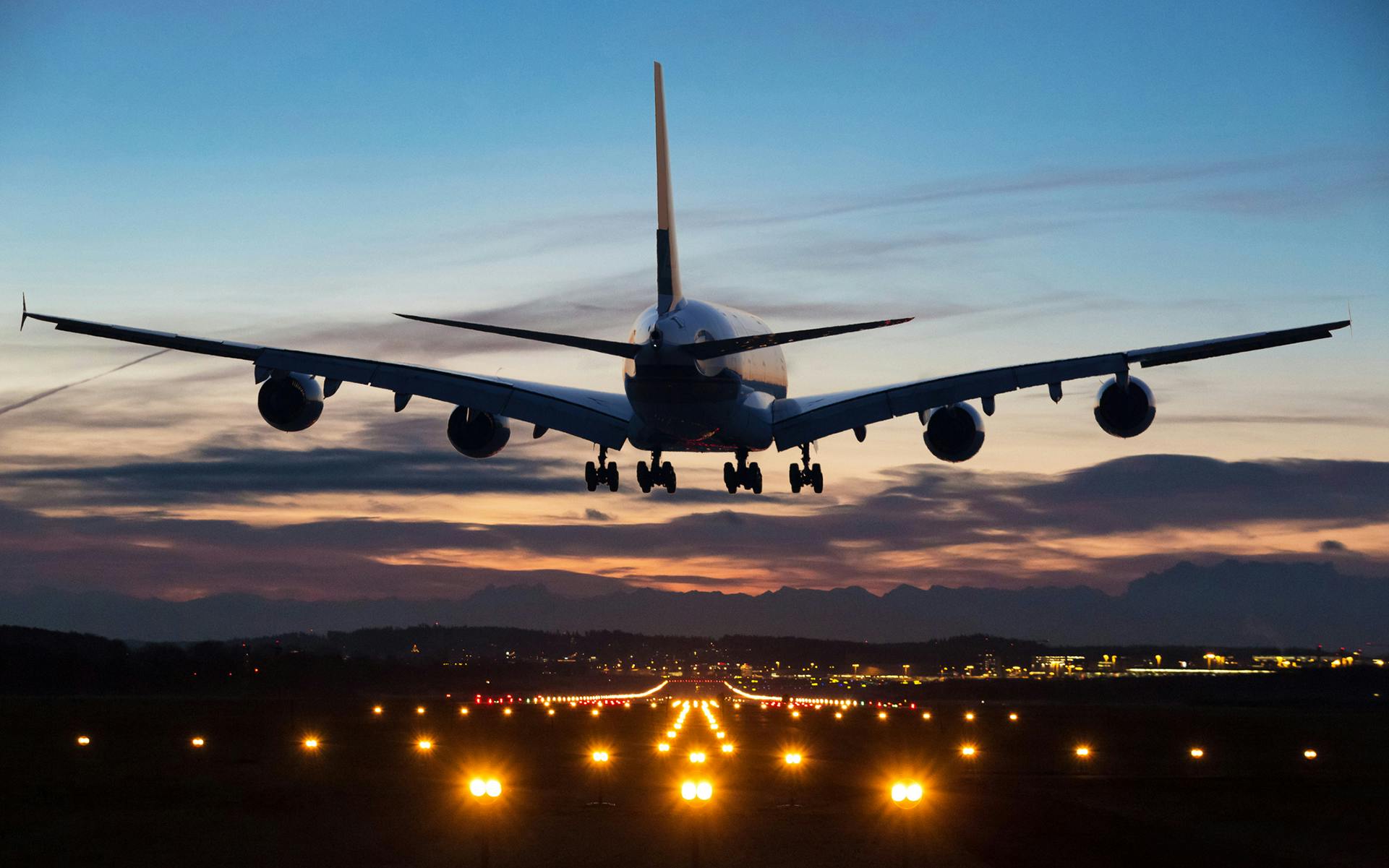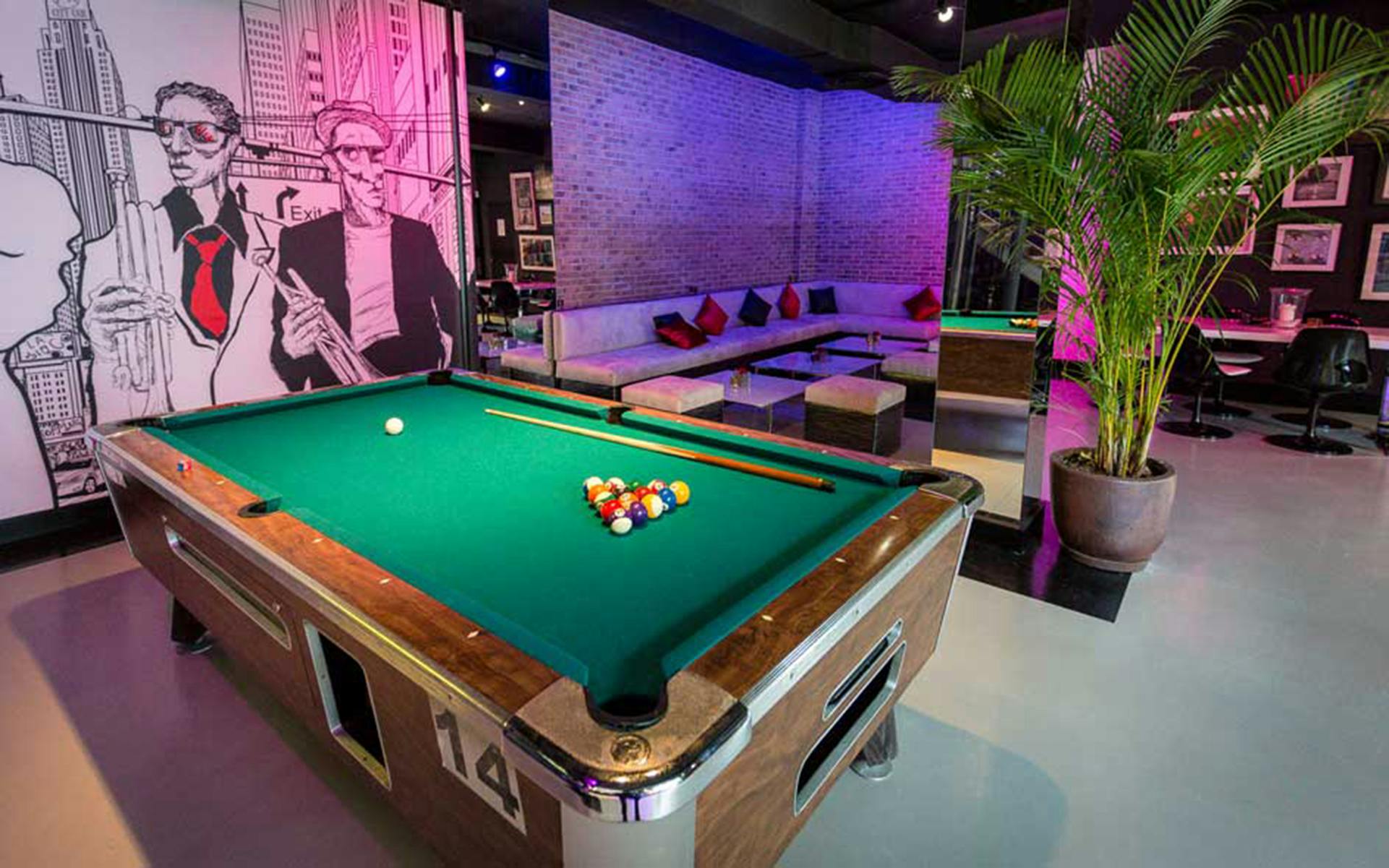Jamaica, the birthplace of landrace strains like Lamb’s Bread and icons like Bob Marley, has long been a capital of cannabis culture, but only in recent years did the country loosen its laws on the plant. Now, after years of regulatory wrangling, the island nation’s first legal ganja retailer is set to celebrate its grand opening.
On Saturday, Kaya Farms will be giving tours of its facility, a wellness-focused, tourist-friendly spot in Jamaica’s Saint Ann Parish, on the island’s north coast. With a café, lounge, juice bar, and herbhouse—which offers a range of flower and concentrates for sale—it aims to showcase Jamaica’s cannabis history and give guests a place to relax and refresh.
“What we’re trying to do is create an ecosystem,” company chairman Balram Vaswani told Leafly. Visitors can see how plants are grown, pick out products, and enjoy them in a social setting that Vaswani likens to “old coffeehouses in Vienna,” which played a central role in civil society. “After that,” he said, “they can have a drink from the juice bar or they can have a massage with CBD creams.”
For Vaswani, the grand opening is the culmination of a years-long journey. “In terms of lobbying, doing the conferences, working with it, it’s been from 2013,” he said. The company was granted a cannabis research license in 2015, a cultivation permit in late 2017, and a dispensary license this past January.
“Jamaica is one of the meccas of ganja, or herb, or cannabis.”
Cutting through bureaucratic red tape, however, was only part of the process. Vaswani said he also spent nearly two years gathering heirloom Jamaican ganja strains in an effort to preserve and share the island’s cannabis history.
“Jamaica is one of the meccas of ganja, or herb, or cannabis,” Vaswani said. But in recent decades, due to drug-war pressures and outside influences, many of the country’s classic strains faded into the background. “We had a much bigger variety of sativas in the early ’80s,” Vaswani said, but as California became more shaping consumer tastes, indicas like OG Kush began to arrive. From there, local breeders mixed genetics—and not always intentionally.
“Because of the cross-pollination,” Vaswani said, “everything just ended up being some kind of skunk.”
Kaya Herbhouse aims to fix that. On sale Saturday will be heirloom genetics, with award-winning strains such as Goldenback Gorilla, Jamaican Skunk, Mangonani, and Sting-a-Ling on store shelves. (The last one earned its name, Vaswani explained, because “it stings and lingers.”)
Concentrates will also be available, though the company has been so busy preparing for the launch, Vaswani said, that they had to ask a competitor to help with extraction. The company’s own extraction facility is expected to be up and running within weeks.
How much does Jamaican cannabis cost? Vaswani said Kaya’s prices will be about 50% of typical US prices. “Typically a gram in the US is $10,” he said. “Our gram would be $5.” Concentrates, he added, will run about $15 for a half-gram.
What you won’t find: edibles, which aren’t permitted by Jamaica’s Ministry of Health.
Planning a visit? Kaya Farms is about an hour to an hour and a half away from the country’s two major airports, Vaswani said.
Visitors to Kaya Herbhouse from legal-cannabis states in the US might actually find some familiar products on the shelves. The shop boasts brands such as Tokyo Smoke, Van der Pop, DOJA, Marley Natural, and others. There’s even a line of CBD products, including lotions and salves.
Shop highly rated dispensaries near you
Showing you dispensaries near“I can guarantee that all our weed is benchmarked against all international standards,” Vaswani said, “which can be proved by our test results from Steep Hill,” a prominent cannabis-testing laboratory.
Who can buy? That’s a bit complicated, as cannabis is allowed in Jamaica only for medical or religious use. Foreigners are able to purchase cannabis if they have a medical marijuana ID card or doctor’s recommendation from another jurisdiction—and technically, a tourist could obtain a recommendation from a doctor in Jamaica—but adult-use cannabis isn’t yet legal in Jamaica.
Vaswani said he’s hopeful Jamaica will expand its cannabis program. “As the industry emerges, maybe it might not be as tight as now, but they don’t want to make any mistakes in the beginning,” he said. For now, visitors to Kaya without a medical recommendation “can still enjoy the benefits of hanging and the facility and the vibe.”
Tourists who are looking for an authentic taste of Rastafarian culture, however, may want to look elsewhere. Vaswani, who is Jamaican-born but not Rastafarian himself, said there are important differences between the cannabis he grows and that grown for Rastafarians, who consider ganja to be sacrament. For example, he said, “I might use bat guano for my super soil,” while Rastafarians might not use animal byproducts at all.
“They’ll always have their way and they’ll always have their place,” Vaswani said. And while he hopes to draw tourists to the Kaya facility, he also encourages them to seek out a better understanding of Rasta culture. “They fought for this,” he said.







